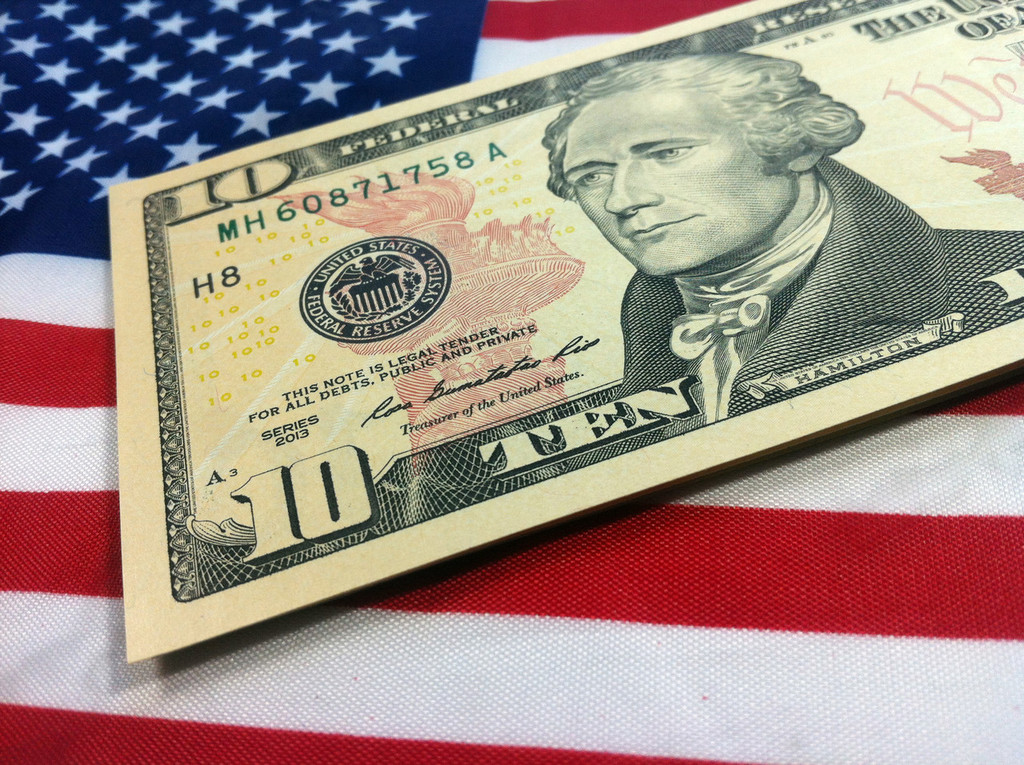Fed's rate cut shows US economy suffering: China Daily editorial
chinadaily.com.cn | Updated: 2019-08-01 20:33

That the US Federal Reserve decided on Wednesday to cut its key interest rate for the first time since December 2008 during the depths of the global financial crisis suggests that the US economy is facing a possible downturn, and it is not doing as well as some would have us believe.
Fed Chairman Jerome Powell did not mince words when commenting on the benchmark rate cut — by a quarter point to a range of 2 percent to 2.25 percent — saying the central bank is worried about the consequences of the China-US trade war and sluggish economies overseas, in addition to undesirably low inflation.
"Weak global growth and trade tensions are having an effect on the US economy", he said at a news conference. He cited sluggishness in US manufacturing activity in particular, which reportedly slowed to near a three-year low in June amid growing anxiety over the trade conflict between China and the United States.
The trade spat, together with uncertainties brought by a possibly chaotic Brexit, has already sparked concerns about a global recession, causing central banks worldwide to cut rates to shore up growth. The International Monetary Fund has warned that the trade dispute will shave 0.2 percent off global output.
Whether lowering the key interest rate will encourage US companies and consumers to invest and spend more, and thus energize growth remains to be seen. And whether there will be a long series of rate cuts down the road, or this is just a "mid-cycle adjustment" as Powell insisted, will no doubt be a subject for discussion.
Yet what has happened has definitely belied the claim that "trade wars are good, and easy to win". And, as history has repeatedly proved, protectionism and beggar-thy-neighbor policies are a zero-sum game that will harm both global and domestic economies. Rather than "make America great again", it will cause a lose-lose situation for all.
China has so far relied on a proactive fiscal policy and prudent monetary policy to counter the "new risks and challenges" its economy is facing. Its central bank has focused on tax and fee cuts tailored to the needs of small and micro businesses and startups, which account for the majority of the country's growth and employment. Such policies have proved effective, as shown by its growth so far this year, which has been within the targeted range of 6 to 6.5 percent.
A looser monetary policy environment worldwide, a trend reinforced by the Fed's latest move, will reduce the pressure on China to further ease monetary policy. This gives its decision-makers more breathing room when exploring ways to support growth.
























